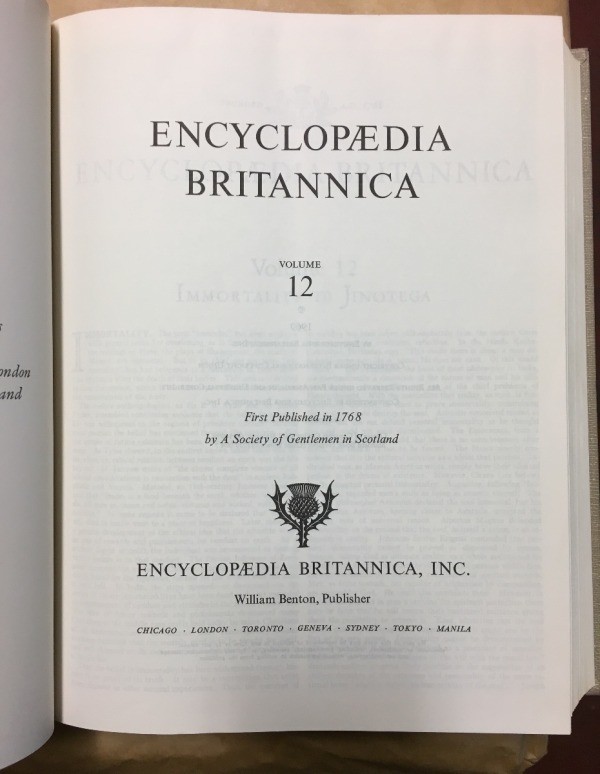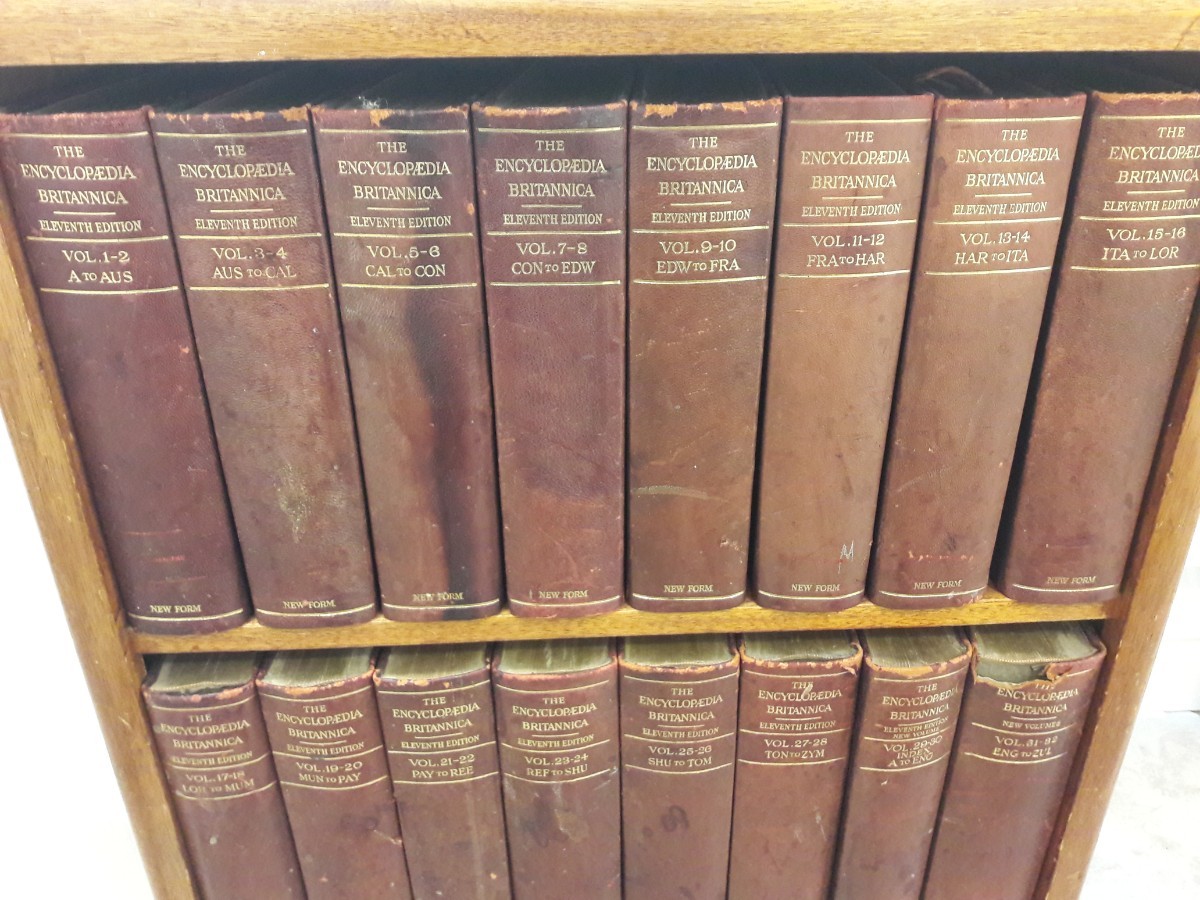

"Britannica holds a special place in people’s memories," said the Library’s Lucy Clement. The solar system had six planets (Uranus and Neptune were yet to be discovered).Unknown whether it is an island or a peninsula.’ The Spanish colony of ‘California’ was ‘a large country of the West Indies.Humans were divided into five categories: European, American, Asiatic, African, and Monstrous.The first edition is credited as the work of 3 young men: compiler William Smellie, engraver Andrew Bell, and printer Colin Macfarquhar. Here are a few details from that edition: The first pages of the Britannica were published in Edinburgh, Scotland, on 10 December 1768. We adhere to this belief at the Library, which is why we are working to digitize and make available as many early editions as possible." "Its first editor believed strongly in the democratization of knowledge – that it should be accessible to all who sought self-improvement, regardless of background.

“Britannica became viewed as an authoritative source of facts about the world," said rare books curator Robert Betteridge. If you would like to read a slightly more current edition, Project Gutenberg has a copy of the seminal 11th edition (from 1911). You can find the scanned pages on the National Library of Scotland’s website. To celebrate the anniversary, the National Library of Scotland has scanned and uploaded a copy of the first edition. I don’t know if you noticed, but the 250th anniversary of the first edition of the Encyclopedia Britannica was earlier this week. The Encyclopedia Britannica is now little more than an entry in the annals of the history of encyclopedias, but at one point it was one of the preeminent reference tools for the general public, and before that it was an ambitious project to catalog the sum of human knowledge. The First Edition of Encyclopedia Britannica is Now Available Online


 0 kommentar(er)
0 kommentar(er)
